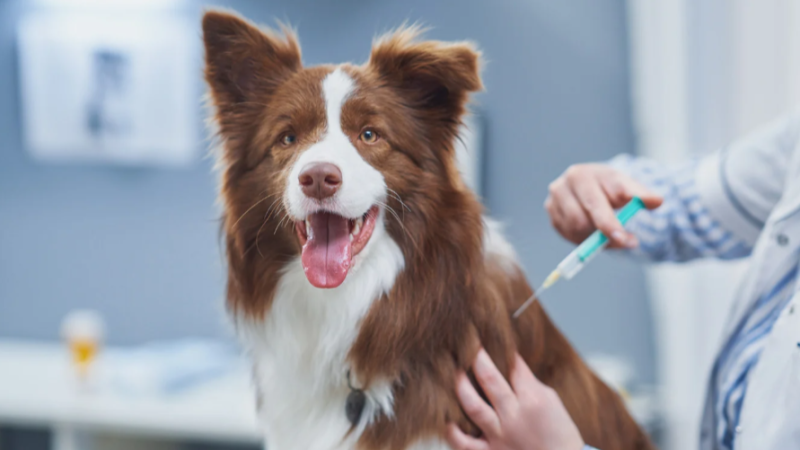MAYVILLE, N.Y.: - The Chautauqua County Health Department is raising awareness of the potential exposure to rabies from bats. Bats are one of the most frequently reported rabid animals that people and pets come in contact with. If an exposure occurs medical treatment may be necessary, contact the Chautauqua County Environmental Health Unit to discuss the specific situation.
“Please remember that all dogs, cats, and ferrets should be vaccinated against rabies,” said Director of Health and Human Services Christine Schuyler. “Vaccinated pets who catch a bat may require a booster shot after exposure, but they will be fine. Pets that haven’t received pre-exposure rabies vaccine are at risk for catching rabies. While vaccination is especially important for pets who spend time outdoors, it is also important for indoor animals because bats tend to find ways into homes.”
Tips from the CDC on what to do in case you come in contact with a bat:
- If you know you’ve been bitten or scratched by a bat — or if infectious material (such as saliva or brain material) from a bat gets into your eyes, nose, mouth, or a wound — wash the wound thoroughly with soap and water and seek medical attention immediately. Whenever possible, the bat should be captured and sent to a laboratory for rabies testing.
- If you are outdoors:
- Seeing bats outside is common and normal, especially at dusk and through the night. Avoid intentional contact with bats outside. Use screens, tents, or mosquito netting when sleeping outside.
- If you are outside and have direct contact with a bat, you should talk to a healthcare or public health professional to decide if you need to be vaccinated to prevent rabies. If you’re not sure if contact occurred but find a bat on or near you (for example, if you wake up with a bat near or on you), then you may need vaccination.
- If you are in your home: If you find a bat in your house, talk to a healthcare or public health professional. The bat should be captured for possible rabies testing. Call animal control, wildlife conservation, or a public health agency for assistance. If professional assistance is not available, safely capture the bat in case testing is needed. Testing the bat may help you and your doctor decide if you need rabies vaccination.
How to capture a bat from the CDC:
- Find a container like a box or a can large enough for the bat to fit in, and a piece of cardboard large enough to cover the container opening. Punch small air holes in the cardboard.
- Put on leather work gloves. When the bat lands, approach it slowly and place the container over it. Slide the cardboard under the container to trap the bat inside.
- Tape the cardboard to the container to secure the bat inside. Contact the Chautauqua County Department of Health to have the bat tested for rabies.
- If the bat is killed, it must be stored on ice to preserve the specimen for testing.
If you encounter a bat and have questions, please call the Chautauqua County Health Department at 716-753-4481. For more information on bats and rabies, visit: https://www.cdc.gov/rabies/animals/bats/index.html#capture
###













